Shazia Ali-Webber is a founder of I Like Clean Air is one of the case studies being explored as part of the Science Museum’s new exhibition, Beyond the Lab: The DIY Science Revolution. I Like Clean Air is a group of London families campaigning for cleaner air in the city. I joined with other families to set up this group because I was concerned about the dangerous levels of air pollution where my children go to school and play. In […]
A number of guest authors, from scientists to artists, contribute to our blog, taking you behind the scenes, exploring the incredible objects in our collection, our award-winning exhibitions and the scientific achievements making headlines today.
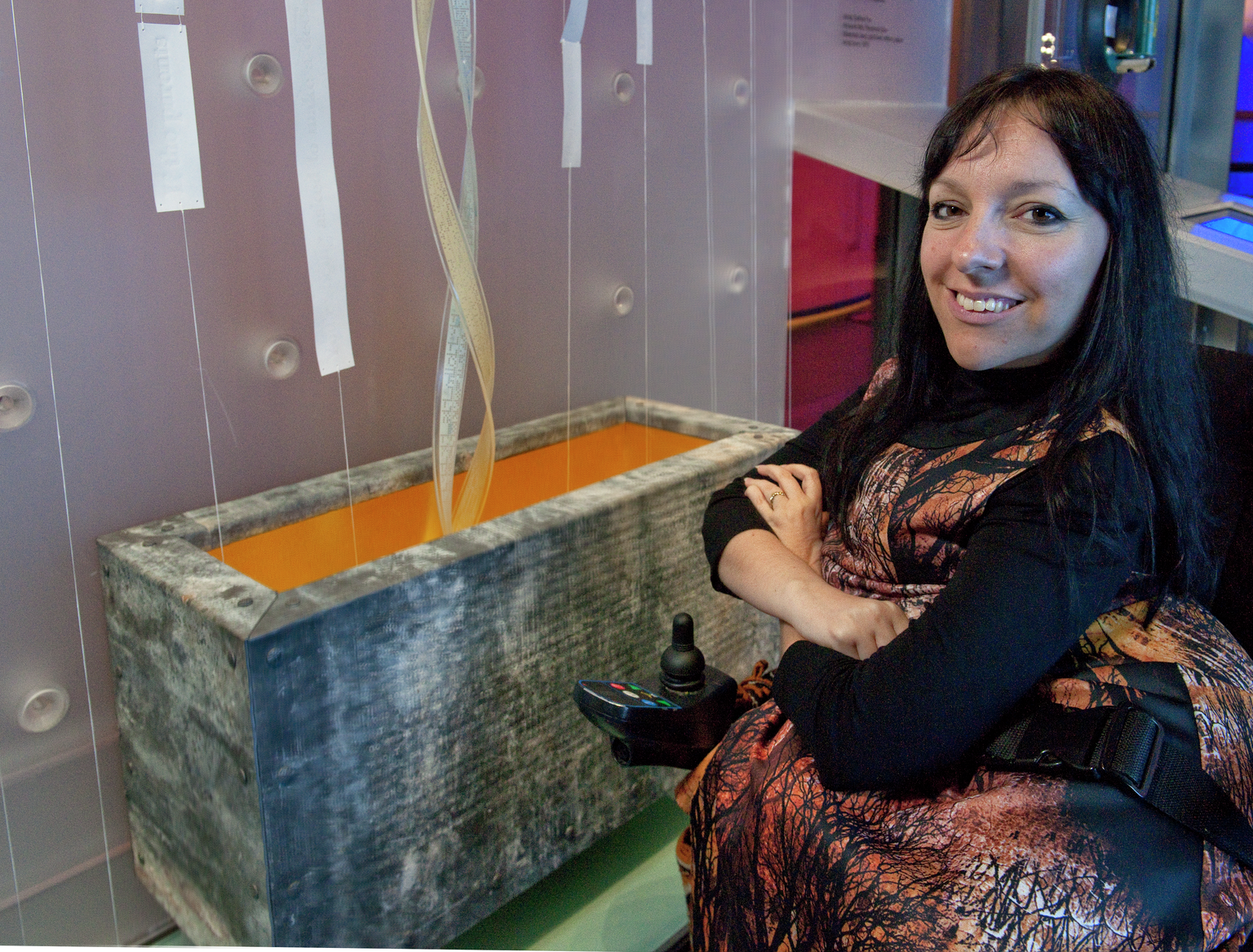
Artist Esther Fox explores the ethical challenges associated with pre-natal genetic screening in a new piece of art now on display in the Museum.
Type 1 Diabetes is a condition that needs to be managed around the clock. Ask anyone who has managed this condition for an extended amount of time and you will hear that the main challenges are not the multiple daily injections, or even the invasive blood testing, but the mental pressure to keep track of your blood sugars, treatments, medication calculations and the relentless effort to keep this never-ending juggling act going.
The Science Museum’s new IMAX film ‘Under the Sea 3D’ covered impressive amounts of in-depth scientific content in just 45 minutes. It was suitable for adults and children, balancing facts with fun. The humour and light-hearted moments were interspersed with information on more serious issues, giving everyone some food for thought upon leaving the theatre. The film features fascinating (and often bizarre) creatures from the world’s oceans. Narrated by Jim Carrey, this film brings you closer to the oft-ignored […]
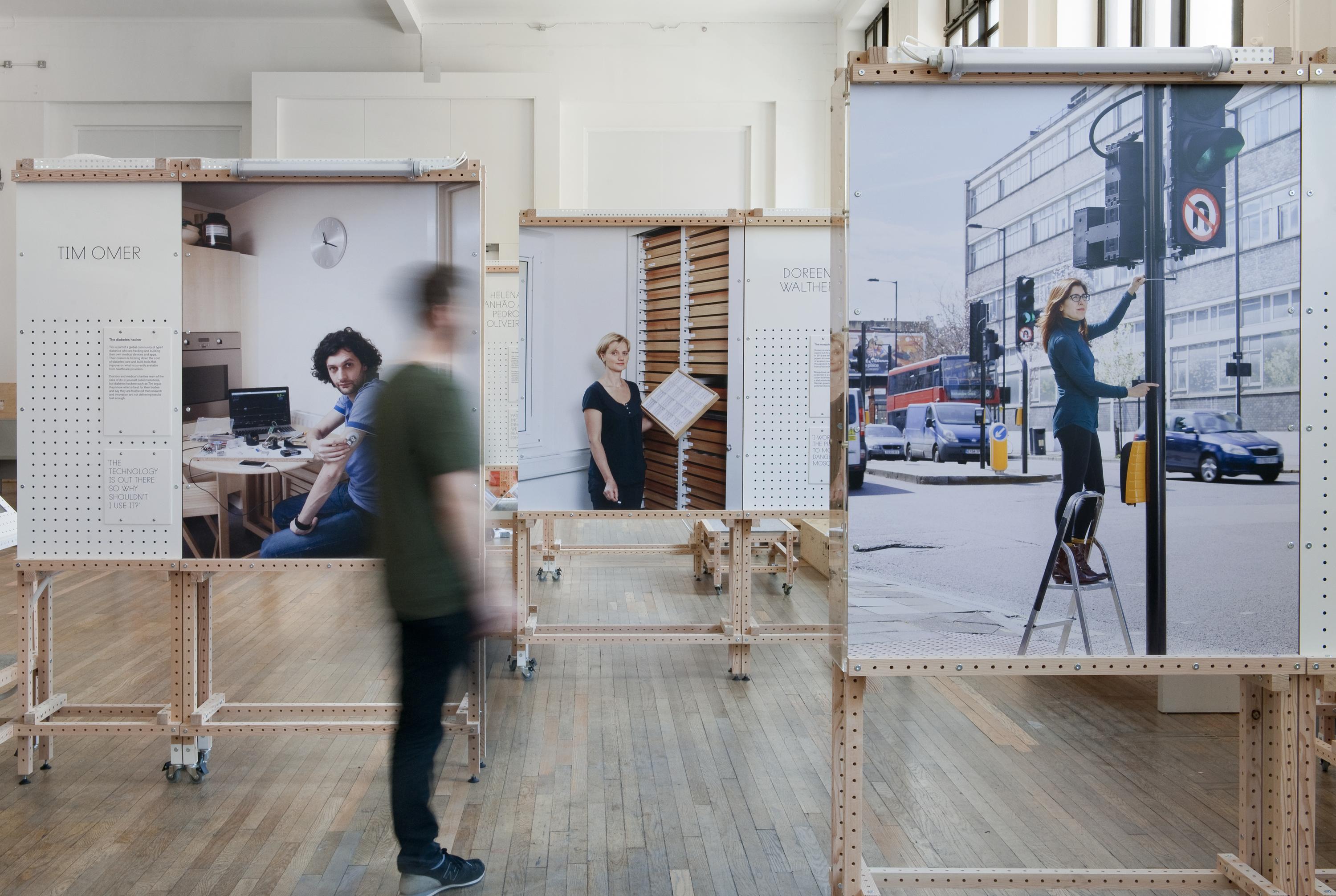
A new exhibition at the Science Museum, Beyond the Lab: The DIY Science Revolution, shows how ordinary people are taking science into their own hands.
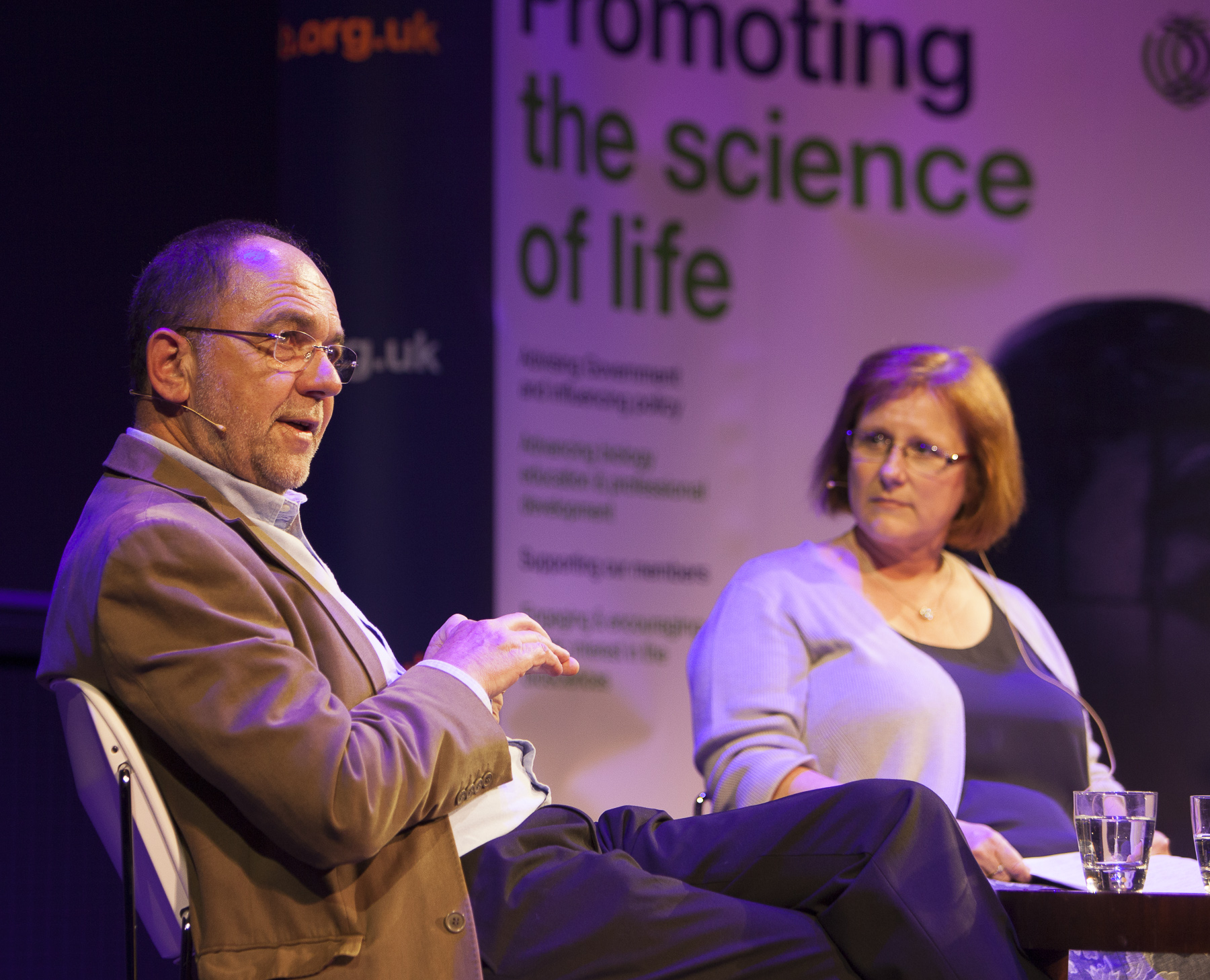
Natasha Little of the Royal Society of Biology discusses the work of DNA data pioneer, Sir Alec Jeffreys
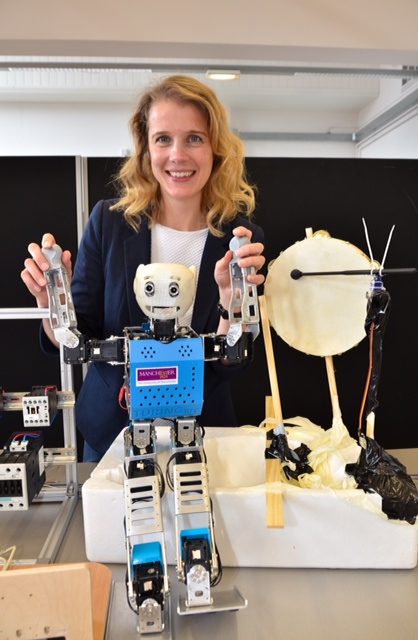
Professor Danielle George blogs on starting a robotic revolution with a crowd-sourced robot orchestra.
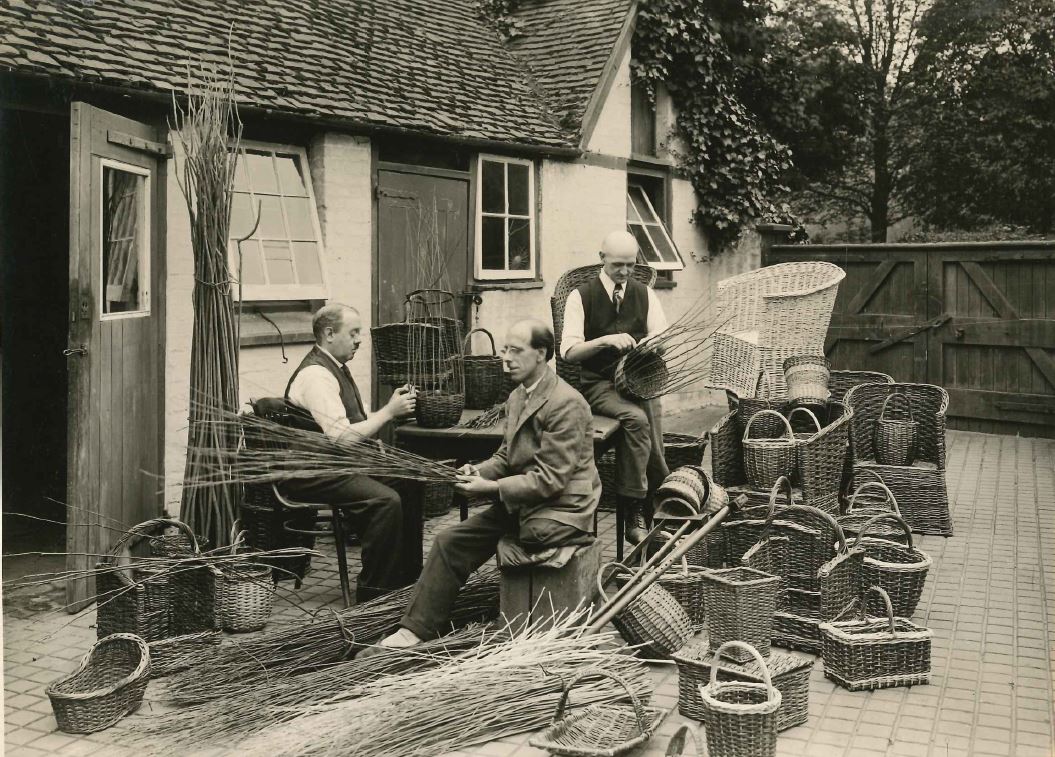
Sue Freeth, CEO of Combat Stress reflects on the psychological impact of WWI and draws parallels with treatment provided to soldiers today.

We are prosocial for many reasons, but does does age affect this behaviour. Researcher Lucy Foulkes explains more.
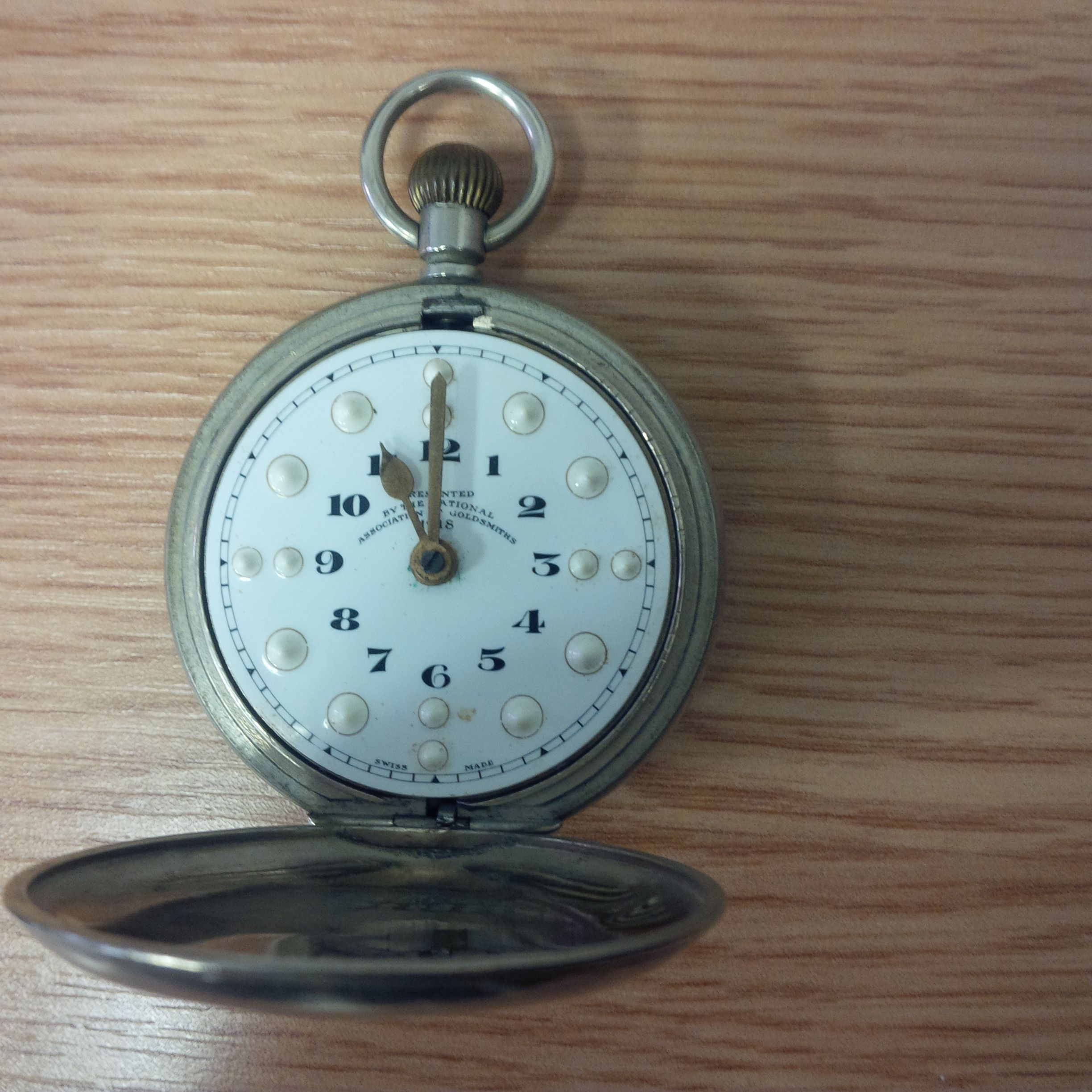
Blind Veterans UK archivist, Rob Baker, describes the significance of the Braille watch
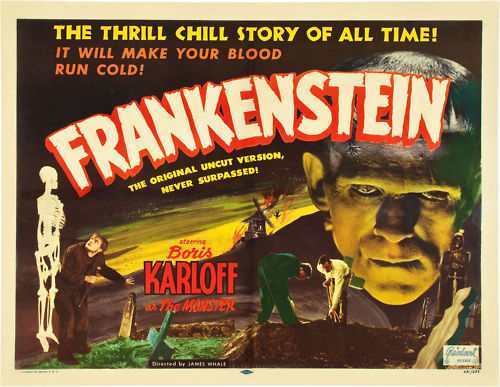
We asked Sir Christopher Frayling about the impact of Frankenstein, first told 200 years ago this month.
Antimicrobial resistance is an issue that we are all facing now. If we do not crack this problem, we risk returning to the pre-antibiotic era, when infectious diseases were responsible for around 40% of all deaths.